Home>Storage Ideas>Bathroom Storage>12 Everyday Items You Should Never Flush Down Your Toilet
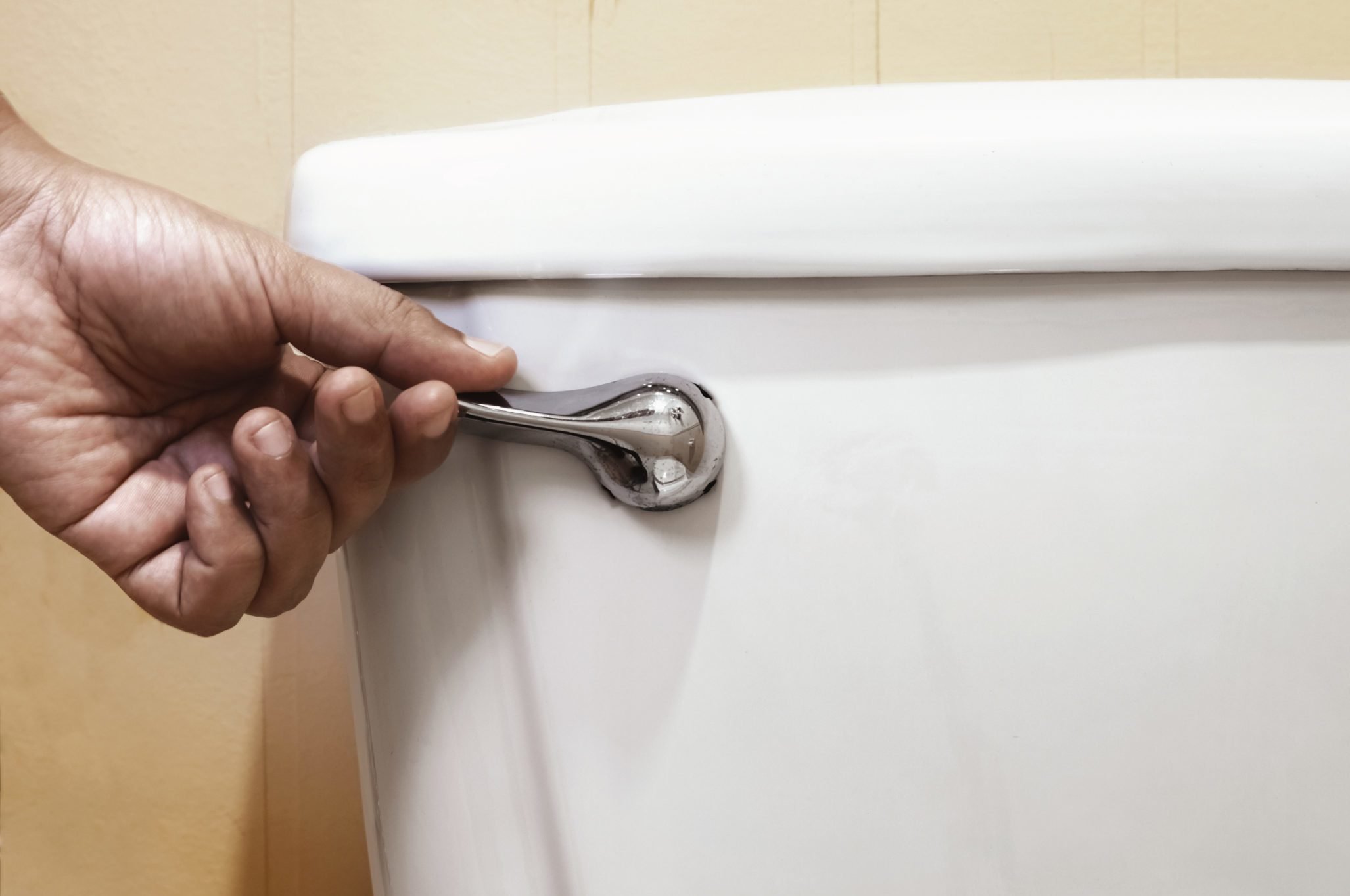

Bathroom Storage
12 Everyday Items You Should Never Flush Down Your Toilet
Modified: January 19, 2024
Discover the top everyday items you should never flush down your toilet. Proper bathroom storage is essential to ensure the longevity of your plumbing system.
(Many of the links in this article redirect to a specific reviewed product. Your purchase of these products through affiliate links helps to generate commission for Storables.com, at no extra cost. Learn more)
Introduction
When it comes to our bathroom habits, we often take for granted the convenience of our toilets. Flushing away unwanted waste seems like a simple task, but it’s important to be mindful of what we’re actually flushing down the drain. Many everyday items that seem harmless can cause serious issues when flushed down the toilet.
Not only can improper flushing lead to clogged pipes and costly repairs, but it can also harm the environment. In fact, according to a study by the Environmental Protection Agency (EPA), improper disposal of flushed items is a leading cause of water pollution in many areas. So, to help you avoid these problems and maintain a properly functioning plumbing system, here are 12 everyday items you should NEVER flush down your toilet.
Key Takeaways:
- Flushing non-biodegradable items like baby wipes, tampons, and condoms can lead to costly plumbing issues and harm the environment. Proper disposal in waste bins is crucial to prevent clogs and protect aquatic life.
- Cooking grease, paper towels, and “flushable” wipes can wreak havoc on plumbing systems when flushed. Proper disposal in designated waste bins is essential to prevent clogs and environmental pollution.
Why you should be mindful of what you flush
Flushing items down the toilet might seem like a convenient way to dispose of waste, but it can have serious repercussions. Here are a few reasons why you should be mindful of what you flush:
- Potential clogs: Flushing items that are not designed to break down in water can quickly lead to clogged pipes. This can cause backups and plumbing issues that require professional assistance to resolve.
- Expensive repairs: Dealing with clogged toilets and piping can be costly. Not only will you have to pay for repairs, but you may also face additional expenses such as water damage restoration if a severe clog leads to a water backup.
- Environmental impact: Flushed items can end up in our waterways, causing harm to aquatic life and ecosystems. Many items take a significant amount of time to decompose, contributing to pollution and environmental degradation.
- Water waste: The more items you flush, the more water you use. Being mindful of what you flush can help conserve water and lower your utility bills.
- Sewer system strain: Flushed items can clog municipal sewer systems, leading to costly repairs and potential disruptions to the entire community’s wastewater infrastructure.
By being conscientious about what you flush down the toilet, you can avoid these problems and help protect the environment.
Baby wipes
Baby wipes are a common item used for cleaning infants during diaper changes. While they may be convenient for parents, they should never be flushed down the toilet. Unlike toilet paper, baby wipes are not designed to break down easily in water.
When flushed, baby wipes can accumulate in the plumbing system and cause clogs. They can also get caught on roots and other obstructions in the sewer lines, further exacerbating the problem. Over time, these clogs can lead to backups and sewage spills, resulting in costly repairs and potential health hazards.
To properly dispose of baby wipes, it is recommended to place them in a trash bin or invest in biodegradable wipes that are specifically designed to break down in water. This simple change in habit can prevent plumbing issues and protect the environment.
Tampons and sanitary pads
Tampons and sanitary pads are essential hygiene products for many individuals, especially during menstruation. However, it is crucial to never flush them down the toilet. These items are not designed to dissolve in water, unlike toilet paper.
When tampons and sanitary pads are flushed, they can easily become tangled in the plumbing system. Over time, they can accumulate and create blockages, leading to clogs and potential sewage backups. Additionally, these items can cause damage to septic systems and wastewater treatment plants.
To properly dispose of tampons and sanitary pads, wrap them in toilet paper or place them in a designated waste bin. Many restrooms provide convenient disposal containers for these items. It is important to use them to prevent any plumbing issues and ensure the proper functioning of the sewage system.
Diapers
Diapers are a common necessity for parents with babies or toddlers. However, flushing diapers down the toilet is a big no-no. Diapers are made of absorbent materials such as plastic and synthetic fibers, which do not break down in water like toilet paper does.
Flushing diapers can lead to severe plumbing problems. The size and thickness of diapers can cause blockages in pipes and sewer lines, resulting in clogs and potential backups. These issues can be costly to fix and may require professional assistance.
Proper disposal of diapers involves throwing them in a designated trash bin or using diaper pails. It is essential to remember that diapers should never be flushed, even if they claim to be “flushable.” To avoid plumbing disasters and keep your toilet running smoothly, dispose of diapers in the appropriate waste receptacles.
Cotton balls and swabs
Cotton balls and swabs may seem small and harmless, but they should never be flushed down the toilet. These items are not designed to dissolve or break down in water, and flushing them can cause significant plumbing issues.
When flushed, cotton balls and swabs can get caught in the plumbing system, leading to blockages and clogs. They can also entangle with other debris and create larger obstructions, further hindering the flow of water through the pipes.
Even if you use natural cotton or biodegradable versions, it is still not safe to flush them. These items can still clump together and cause problems in the sewer system.
To properly dispose of cotton balls and swabs, place them in a waste bin. This way, they can be disposed of with other non-flushable items. It’s essential to remember that only human waste and toilet paper should be flushed down the toilet to maintain a properly functioning plumbing system.
Dental floss
Dental floss is a common item used for oral hygiene, but it should never be flushed down the toilet. Despite its thin and seemingly harmless appearance, dental floss is not biodegradable and can cause significant problems in the plumbing system.
When flushed, dental floss can easily become tangled in pipes and sewer lines. Its string-like nature allows it to wrap around other debris, creating blockages and clogs. These blockages can lead to backups and potentially damage the plumbing system.
Additionally, dental floss is not typically caught by filters at wastewater treatment plants, which means it can end up in bodies of water, negatively impacting marine life and ecosystems.
To properly dispose of dental floss, it should be placed in a trash bin. You can wrap it in tissue or toilet paper before throwing it away to prevent it from becoming tangled and causing issues in the garbage disposal system.
By being mindful of how we dispose of dental floss, we can protect our plumbing and ecosystem from potential harm.
Condoms
While condoms play a crucial role in safe and responsible sexual practices, they should never be flushed down the toilet. Condoms are made of latex or other non-biodegradable materials that do not break down in water, making them unsuitable for flushing.
When flushed, condoms can clog pipes and sewer lines, leading to blockages and potential backups. Their elastic nature allows them to easily become entangled with other debris, exacerbating the issue. Additionally, condoms can be difficult to filter out at wastewater treatment plants, and if they make their way into bodies of water, they can have a detrimental impact on marine life and ecosystems.
To properly dispose of condoms, wrap them in tissue or toilet paper and dispose of them in a waste bin. It is essential to treat condoms as non-flushable items to maintain a properly functioning plumbing system and protect the environment.
It is worth noting that some condom brands offer specific disposal instructions, so it is advisable to follow the manufacturer’s guidelines when disposing of them.
By responsibly disposing of condoms, we can avoid plumbing issues and contribute to the preservation of our environment.
To avoid clogging your toilet and damaging the plumbing system, never flush items like cotton swabs, dental floss, or paper towels. Dispose of these items in the trash instead.
Medications
When it comes to disposing of medications, flushing them down the toilet is not the appropriate method. While it may seem like a convenient solution to get rid of unwanted or expired medications, it can have detrimental effects on the environment and our water sources.
Flushing medications introduces them directly into the wastewater system, which can lead to contamination of our rivers, lakes, and oceans. This contamination can harm aquatic life and eventually find its way back into our drinking water supplies.
Instead of flushing medications, it is best to follow proper disposal methods. Many pharmacies and healthcare facilities offer medication take-back programs where you can safely return and dispose of unwanted medications. Alternatively, you can also check with your local hazardous waste disposal facilities for guidance on medication disposal.
By properly disposing of medications, you can prevent the potential harm caused by improper disposal methods and ensure the safety of our water sources and ecosystems.
Hair
While it may not be immediately obvious, flushing hair down the toilet can cause some major plumbing headaches. Whether it’s a few strands or a clump, hair is not meant to be disposed of in this manner.
When hair is flushed, it can easily accumulate and become tangled in the pipes and sewer lines. Over time, this buildup of hair can create significant blockages, leading to clogs and potentially costly repairs.
In addition to causing plumbing issues, flushing hair can also contribute to environmental problems. Hair does not break down easily in water and can end up in waterways if it passes through the wastewater treatment system. This can have a negative impact on aquatic life and ecosystems.
If you find yourself with excess hair to dispose of, it is best to collect it and throw it in the trash. You can use a tissue or a bag to wrap it up securely before discarding it. If you have long hair or regularly clean drain traps, consider using a hair catcher in the shower or bathtub to prevent hair from going down the drain in the first place.
By properly disposing of hair, you can avoid plumbing issues and minimize your impact on the environment.
Paper towels
While paper towels are incredibly useful for cleaning up spills and messes, they should never be flushed down the toilet. Unlike toilet paper, which is designed to disintegrate quickly in water, paper towels are made to maintain their strength and absorbency even when wet.
Flushing paper towels can lead to clogs and backups in the plumbing system. Due to their thicker and more durable composition, paper towels do not break down as easily as toilet paper. Instead, they can accumulate and create blockages in pipes and sewer lines, causing costly repairs and inconveniences.
If you have used paper towels to clean up a spill or for any other purpose, it is best to dispose of them properly in a waste bin. It is essential to remember that toilets are designed to handle human waste and toilet paper effectively, and anything beyond that can cause problems.
To avoid plumbing issues and maintain a properly functioning toilet and sewer system, always dispose of paper towels in the trash rather than flushing them down the toilet.
Cigarette butts
Flushing cigarette butts down the toilet is not only damaging to the plumbing system but also poses a significant risk to the environment. Cigarette butts are made of non-biodegradable materials, including cellulose acetate filters, which can take years to break down.
When flushed, cigarette butts can easily cause blockages in pipes and sewer systems. The filters can become entangled with other debris, leading to clogs and potentially costly repairs. Additionally, when they make their way into waterways, cigarette butts can leach harmful chemicals and toxins, posing a threat to aquatic life.
Proper disposal of cigarette butts involves extinguishing them completely and throwing them in a designated ashtray or a fireproof container. Once you have disposed of them properly, remember to empty the contents of the ashtray into a waste bin.
It’s important to note that cigarette butts should not be disposed of in regular trash bins either, as they can pose fire hazards. Many communities have designated cigarette disposal units available in public spaces, so be sure to utilize those when available.
By responsibly disposing of cigarette butts, you can prevent plumbing issues, reduce environmental pollution, and promote a healthier ecosystem.
Cooking grease and oil
When it comes to disposing of cooking grease and oil, pouring it down the toilet is one of the worst things you can do. While it may seem convenient, it can lead to serious plumbing problems.
Grease and oil, when flushed down the toilet, can solidify and accumulate in the plumbing system. Over time, this buildup can cause clogs and blockages, resulting in backups and potential damage to the pipes and sewer lines.
In addition to the damage it can cause to your plumbing, flushing grease and oil down the toilet can have negative consequences for the environment. When grease and oil enter the sewage system, they can disrupt the natural treatment process at wastewater treatment plants and affect the quality of the water in rivers, lakes, and oceans.
Proper disposal of cooking grease and oil involves letting it cool and solidify. Once solidified, it can be scraped into a sealable container and thrown in the regular trash. Alternatively, you can recycle used cooking oil by taking it to a designated collection facility or participating in community recycling programs.
Remember, it is important to never pour grease or oil down the drain or flush it down the toilet. By disposing of grease and oil properly, you can prevent plumbing issues, protect the environment, and contribute to a healthy sewage system.
Read more: 35 Daybeds You Should Never Miss
Flushable wipes dilemma
The issue of “flushable” wipes has become a matter of debate and confusion in recent years. While these wipes are marketed as being safe to flush, they can still cause significant problems in the plumbing system.
While toilet paper is designed to break down quickly in water, flushable wipes are made from stronger materials that are not as easily biodegradable. They may take longer to disintegrate, if at all, and can contribute to clogs and blockages in pipes and sewer lines.
Despite being labeled as flushable, many wipes do not break down sufficiently when flushed. They can accumulate and become entangled with other objects, leading to costly plumbing issues. In fact, wastewater treatment professionals often find large quantities of these wipes clogging pumps and screens at treatment plants.
The best practice is to avoid flushing any wipes, even those labeled as flushable. Instead, it is recommended to dispose of them in a waste bin. This includes baby wipes, personal hygiene wipes, and cleaning wipes.
If you prefer to use wipes for personal hygiene reasons, look for specific products that are labeled as “septic-safe” or “disposable in trash” to ensure they are more suitable for flushing. However, as a general rule, it is always safer to dispose of wipes in a trash bin and reserve toilet flushing for human waste and toilet paper only.
By being cautious about what we flush and making informed decisions about our choices, we can prevent plumbing issues and maintain the proper functioning of the sewage system.
Conclusion
Keeping our plumbing systems in good working order and protecting the environment is of utmost importance. By being mindful of what we flush down the toilet, we can prevent costly repairs, sewer backups, and water pollution.
Items such as baby wipes, tampons, diapers, cotton balls, dental floss, condoms, medications, hair, paper towels, cigarette butts, cooking grease, and flushable wipes should never be flushed down the toilet. These items can cause blockages, clogs, and damage to the plumbing system, leading to expensive repairs and potential harm to the environment.
Instead, it is crucial to dispose of these items properly. Use designated waste bins for non-flushable items and follow specific guidelines for disposing of medications and other potentially hazardous substances. By adopting these proper disposal habits, we can contribute to the preservation of our plumbing systems and the health of our ecosystems.
Remember, toilets are designed to handle human waste and toilet paper effectively. Anything beyond that can cause problems. By being informed and responsible in our actions, we can ensure the proper functioning of our plumbing systems and protect the environment for future generations.
Frequently Asked Questions about 12 Everyday Items You Should Never Flush Down Your Toilet
Was this page helpful?
At Storables.com, we guarantee accurate and reliable information. Our content, validated by Expert Board Contributors, is crafted following stringent Editorial Policies. We're committed to providing you with well-researched, expert-backed insights for all your informational needs.

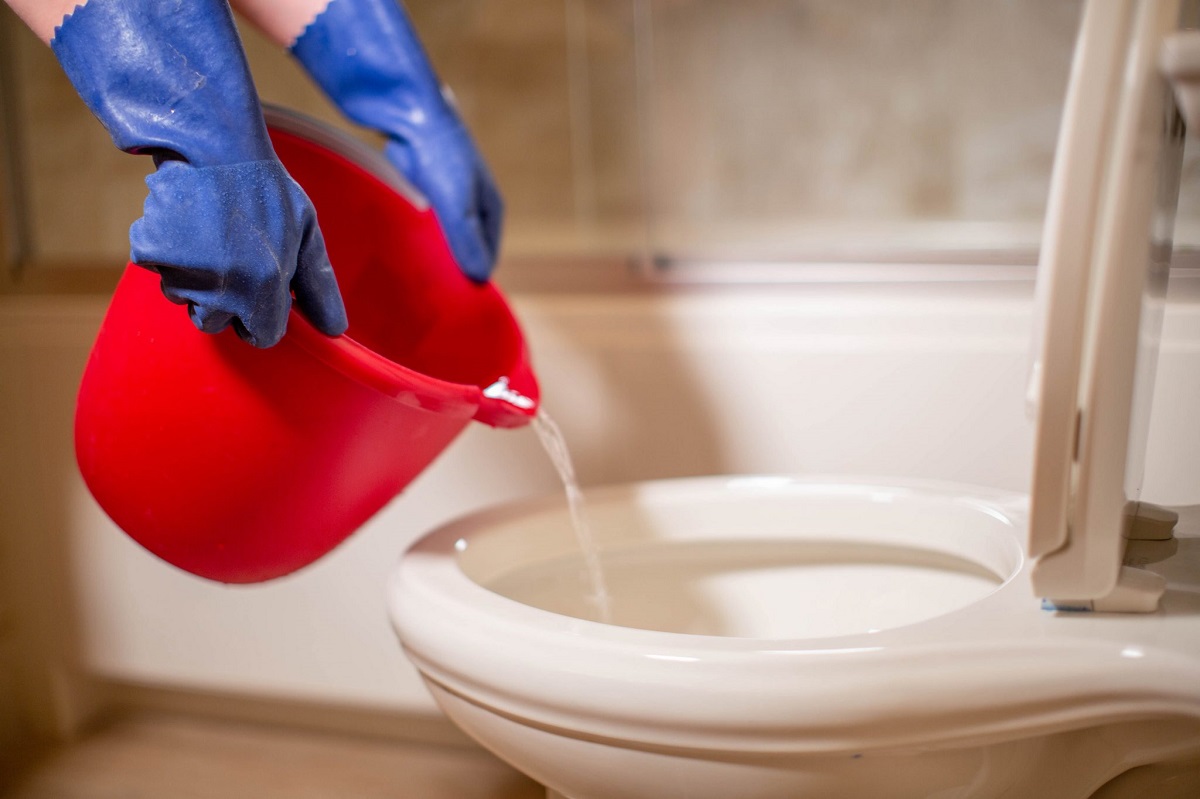
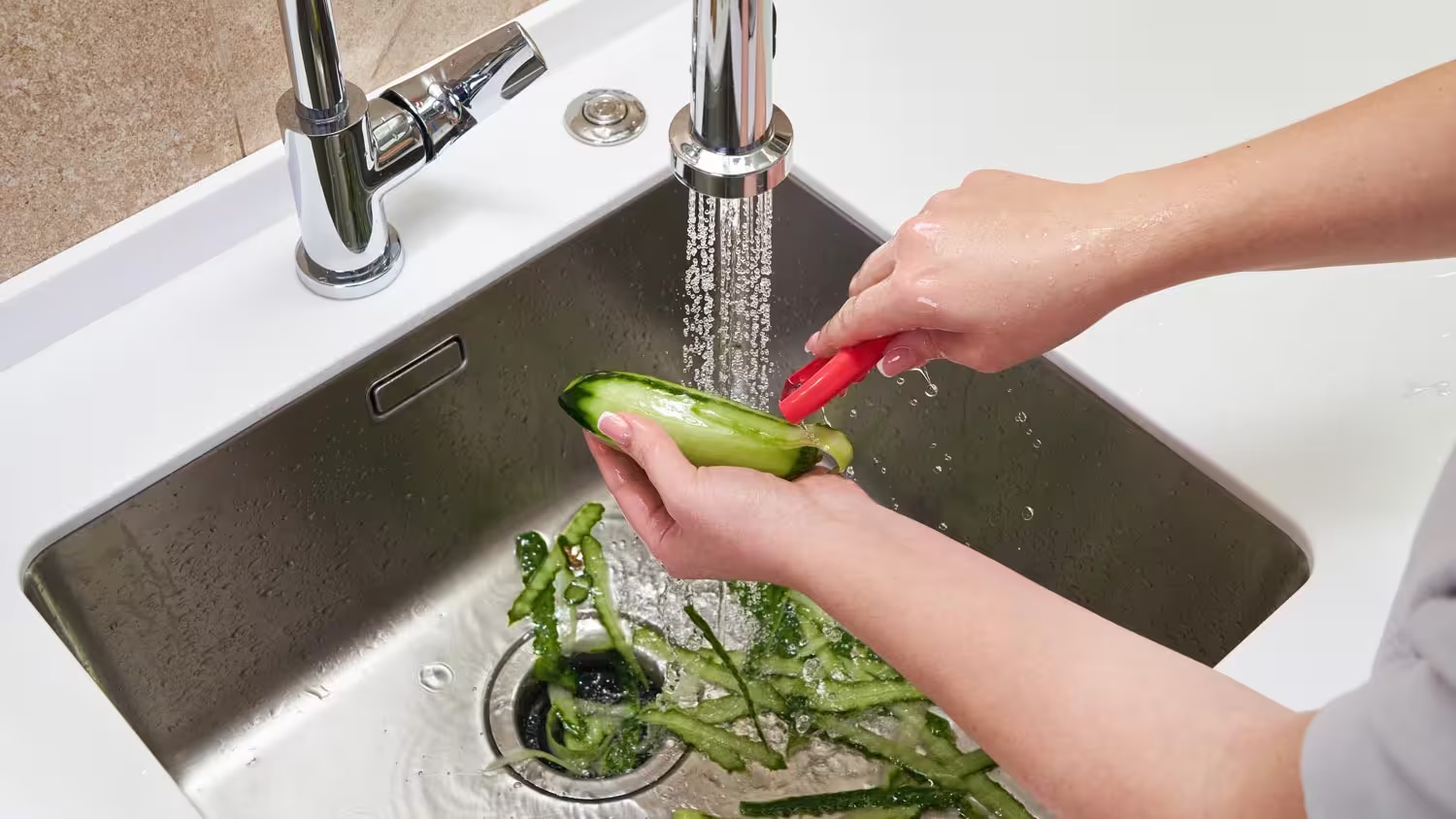


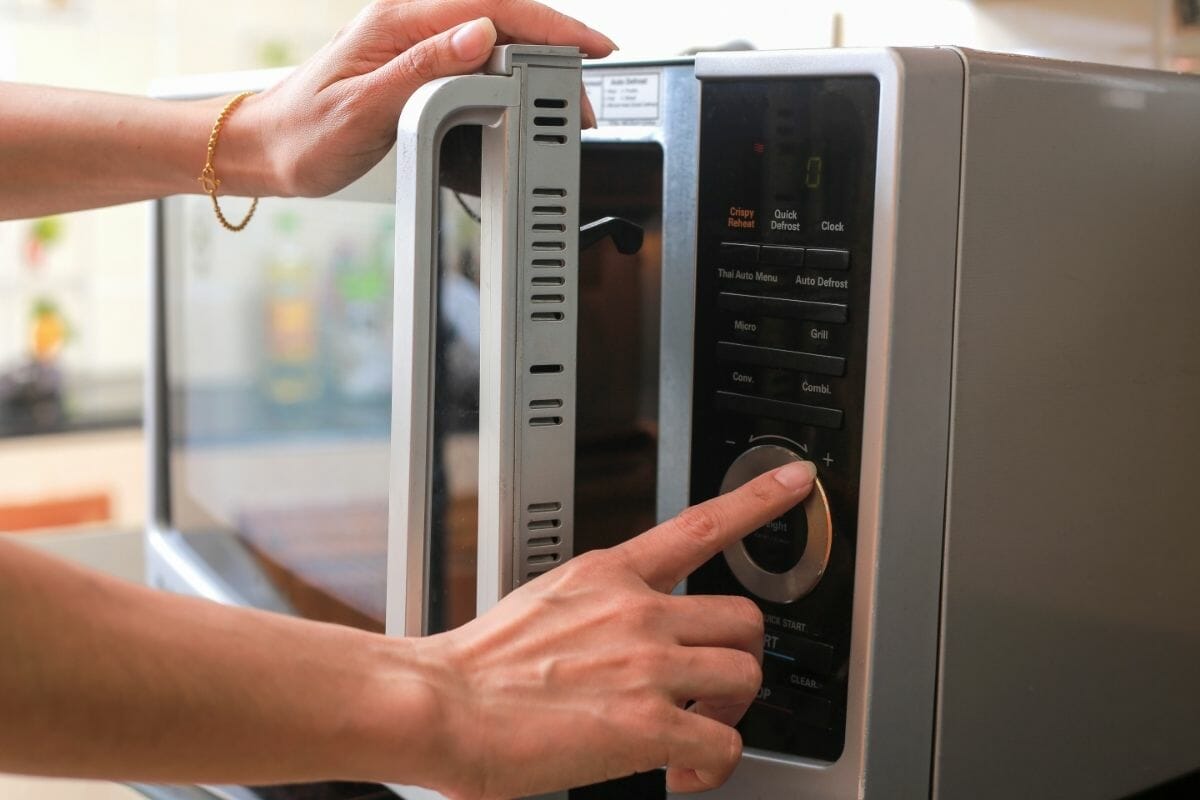
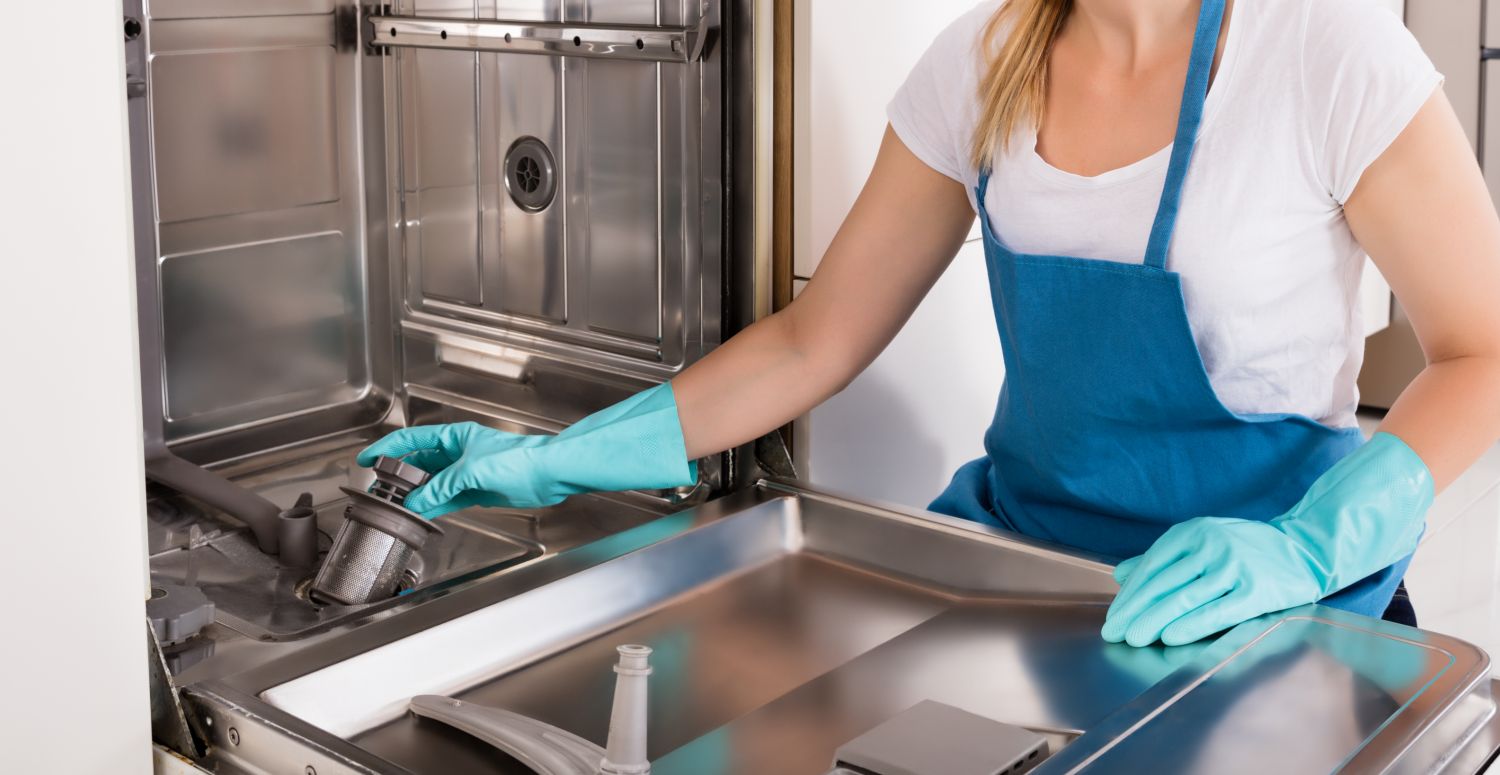

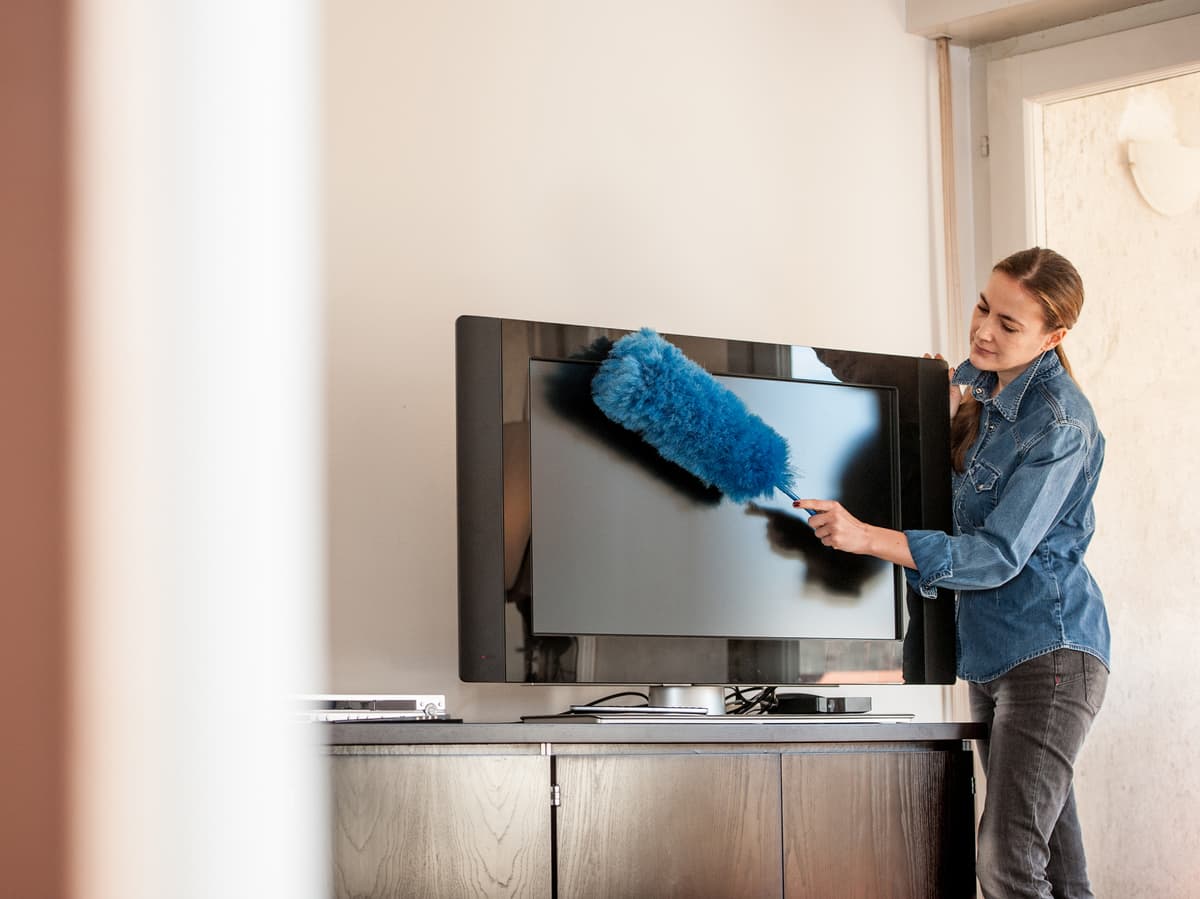

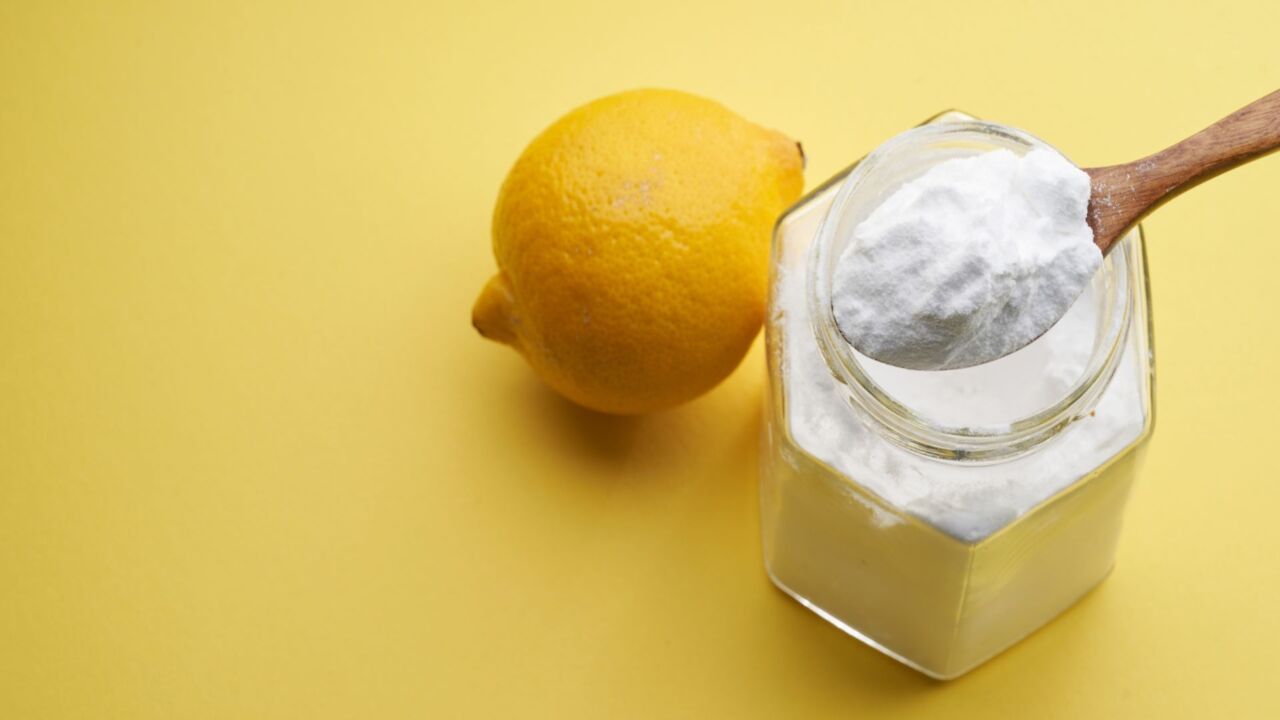
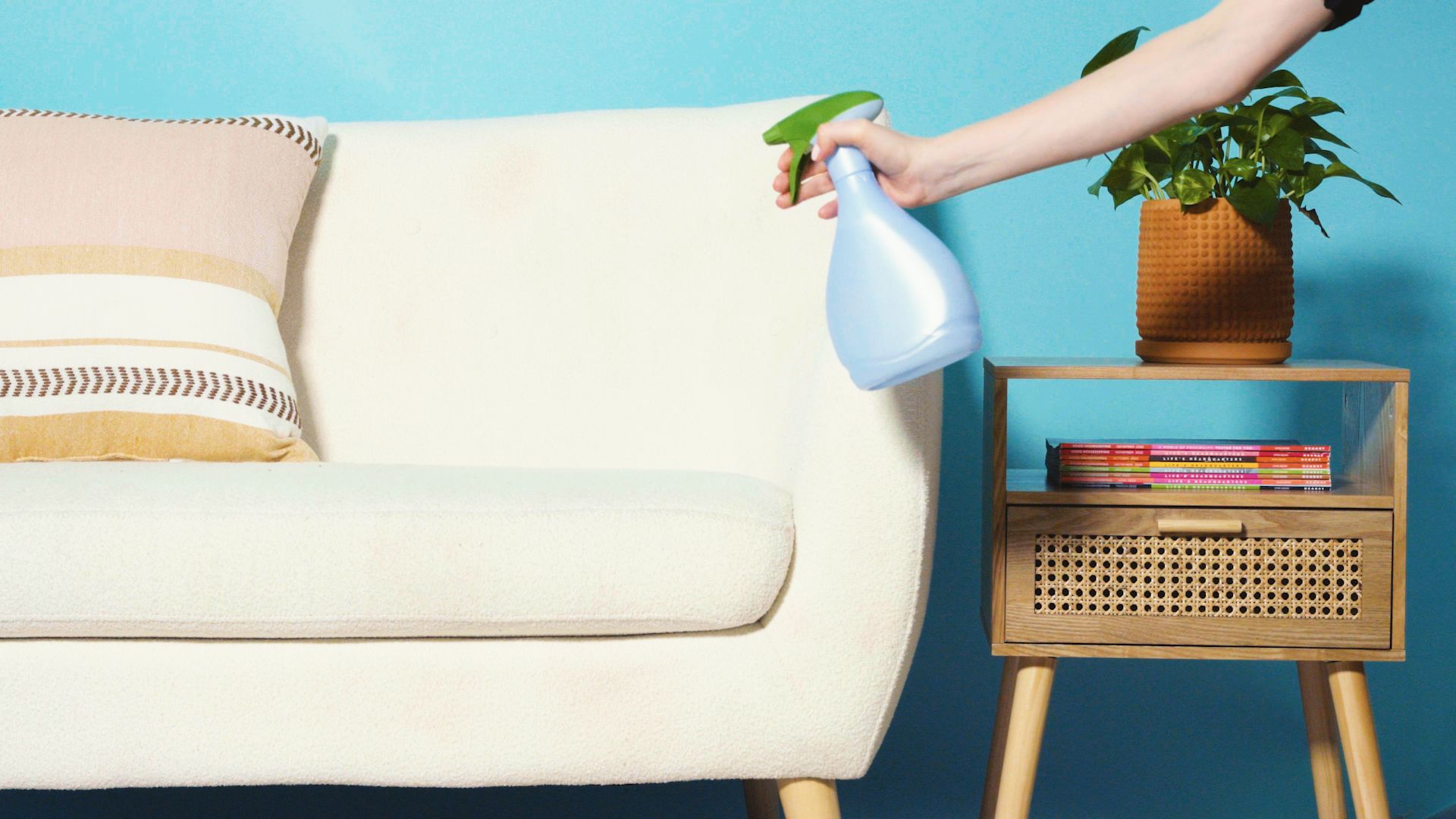

0 thoughts on “12 Everyday Items You Should Never Flush Down Your Toilet”